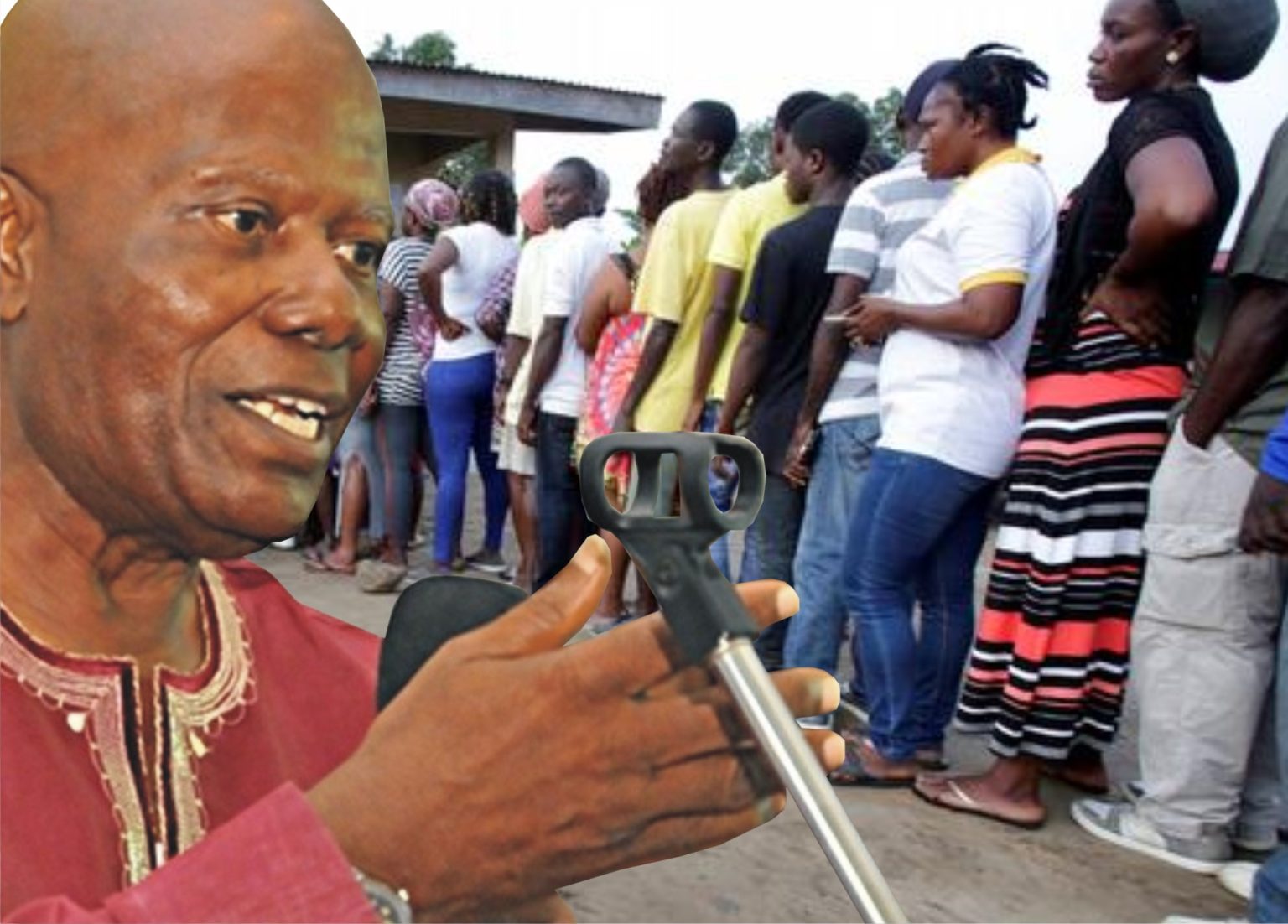The crux of Liberia’s societal woes, as highlighted by a prominent Liberian newspaper, lies in the stark disparity between the concentration of wealth in the hands of a few and the pervasive poverty afflicting the majority of the population. This imbalance, where national legislators and their foreign counterparts enjoy daily access to substantial sums of money while the average citizen struggles with a meager income, fuels a sense of injustice and contributes to the widespread perception that Liberia is headed in the wrong direction. This “wrong direction” is characterized by poverty generation and the potential for violence, as historical experiences with coups and civil war demonstrate. However, a glimmer of hope emerges from the growing awareness among the populace about the power they inherently possess, a power enshrined in the Liberian Constitution but often usurped by those in positions of authority.
The Constitution unequivocally states that all power resides with the people, a fundamental principle that underscores the democratic ideals of the nation. Yet, in practice, this power has been effectively wielded by a select few, primarily those with significant wealth. The newspaper’s focus on this disparity aims to educate the public about the true source of power and to encourage them to exercise their rights and responsibilities as citizens. This awakening of the people’s consciousness regarding their inherent power is a crucial step towards rectifying the imbalance and steering the country towards a more equitable and prosperous future. The stark contrast between the wealth enjoyed by the elite and the poverty endured by the masses serves as a stark reminder of the urgent need for change.
The prevailing poverty, a legacy of past conflicts and systemic corruption, serves as a breeding ground for discontent and instability. The memory of coups and civil war, which claimed the lives of hundreds of thousands and left countless others injured, underscores the devastating consequences of unchecked inequality and the desperate measures people may resort to when their basic needs are unmet. However, the increasing awareness of the people’s power and their determination to pursue change within the framework of the rule of law offer a path towards a more peaceful and prosperous future. This shift in mindset, coupled with the ongoing efforts to expose corruption and promote accountability, is gradually transforming the societal landscape.
A significant example of this positive change is the increased scrutiny of the National Elections Commission (NEC), the body responsible for overseeing elections in Liberia. By exposing corrupt practices within the NEC, citizens have contributed to a more transparent and credible electoral process. This is evidenced by the relatively lower incidence of cheating in the October 10, 2023 election, which also saw a record-breaking voter turnout. This high participation rate, particularly among the youth who constitute a significant portion of the voting population, signifies a growing engagement in the democratic process and a desire for meaningful change. The election results, where many incumbent legislators and aspiring candidates were voted out, further demonstrate the people’s resolve to hold their elected officials accountable.
The key to transforming Liberia’s current predicament lies in fostering greater awareness and promoting adherence to the rule of law. This entails empowering citizens to understand their rights, demand accountability from their leaders, and actively participate in shaping the country’s future. Through this process, individuals with proven integrity and a commitment to justice can be elected to positions of authority. The establishment of a just system, one that upholds the rule of law and ensures equitable access to opportunities and resources, is paramount for achieving lasting peace and progress in Liberia. This emphasis on justice serves as the bedrock for sustainable development and a more inclusive society.
The path forward requires a concerted effort to address the root causes of poverty and inequality. This includes promoting economic opportunities, investing in education and healthcare, and strengthening institutions that uphold transparency and accountability. By empowering the people and fostering a culture of respect for the rule of law, Liberia can break free from the cycle of poverty and violence and build a more just and prosperous future for all its citizens. The high voter turnout and the rejection of incumbent politicians signal a shift in the political landscape and a growing demand for change. This momentum must be harnessed to build a more equitable and prosperous Liberia, where the power truly resides with the people.














